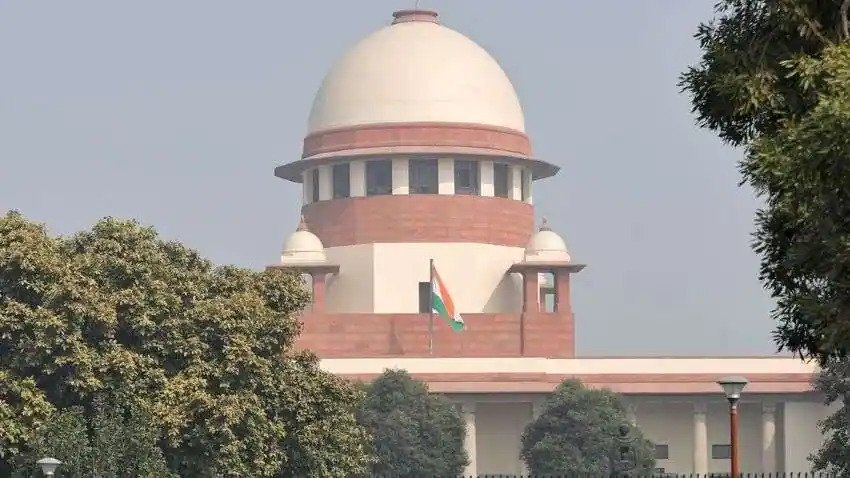New Delhi: The Supreme Court on Monday set aside the conviction of a man accused of harassing her wife leading to her death, observing variance in multiple dying declarations.
A bench of justices S Ravindra Bhat and Sudhanshu Dhulia set aside the Madhya Pradesh High Court order as it noted that there were multiple dying declarations and the man was not named in the first dying declaration alleging cruelty relating to dowry demand, but named in the second dying declaration.
“The principles enunciated by the decision of this court, especially Laxman and the decisions dealing with multiple dying declarations, adduced in the course of a criminal trial, especially where the deceased had been a victim of burns and had succumbed to burn injuries and had prior to death made more than one dying declaration have indicated that test of credibility having regard to the overall facts on record, has to be adopted,” the top court noted.
The court also noted that the second dying declaration has been rejected completely by the High Court.
In these circumstances, the cumulative weight of evidence relied upon by the High Court needs to be examined to ascertain whether the appellant is guilty of the offence he stands convicted for, ie Section 498A IPC, the court noted.
“…the second dying declaration is the only piece of evidence which names the appellant as one of the perpetrators of cruelty on the deceased along with the other accused. Both the courts below have noticed that in the first dying declaration, the appellant has not been named; rather he along with his father took the deceased in a critically injured state to the hospital,” the court noted.
“As far as the recovery of articles and the smell of kerosene in the report considered by the court are concerned, they are circumstances relating to the incident of setting the deceased on fire. They do not further the prosecution’s case under Section 498A as against the appellant,” the top court said.
“Having regard to the above circumstances, especially the fact that the only evidence against the appellant. For these reasons, the impugned judgment and the appellant’s conviction and sentence are hereby set aside. The appeal is allowed but without any order as to costs,” the top court said.
























